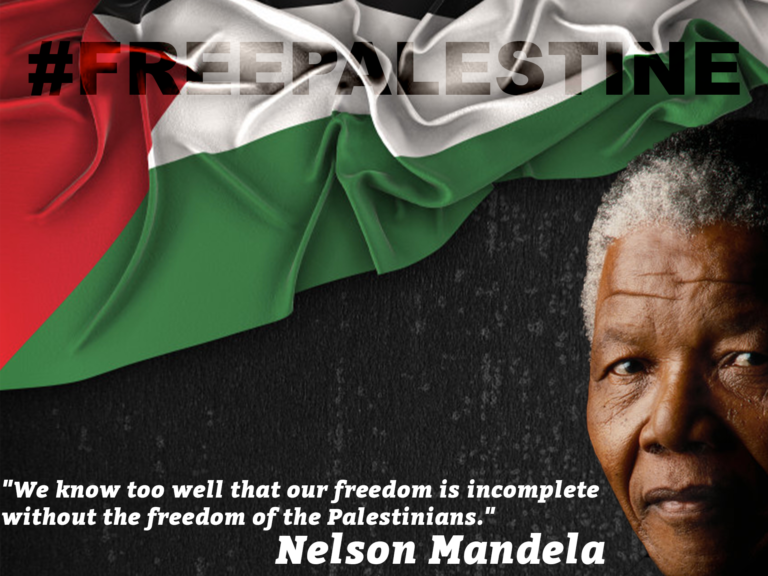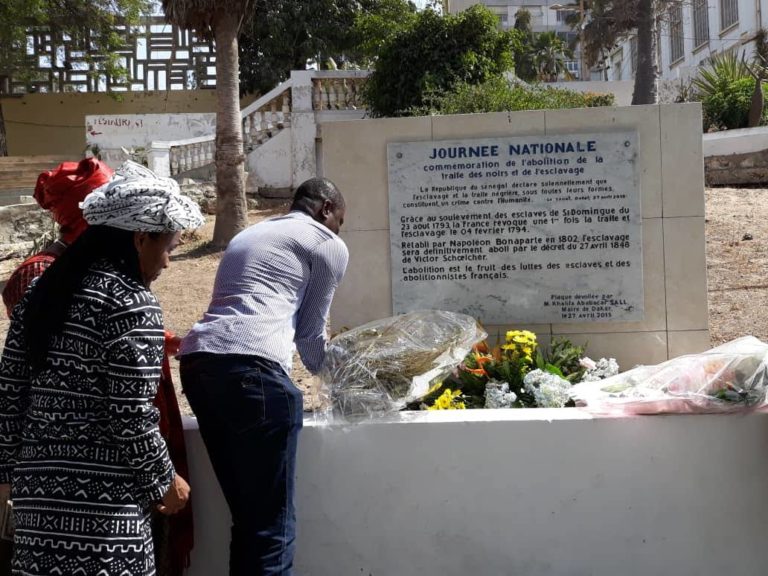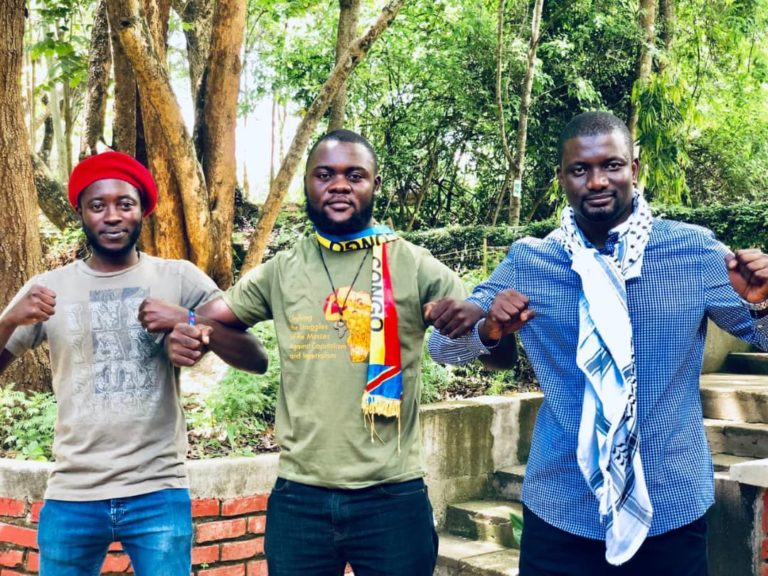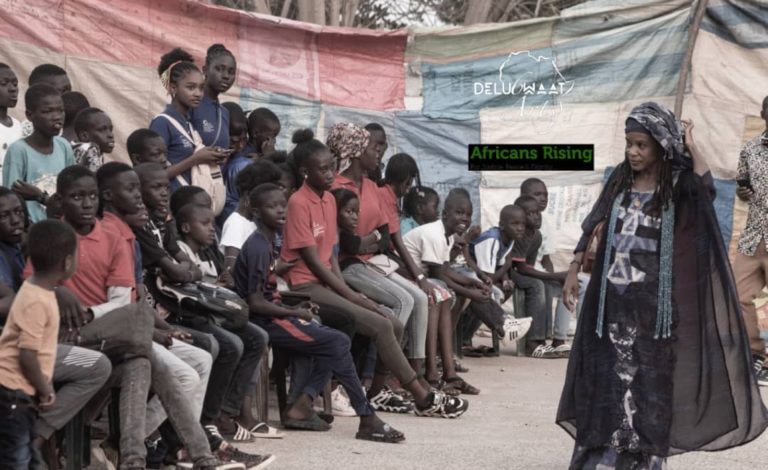By Eunice Adhiambo Odhiambo – Reparations Campaign Officer, Africans Rising
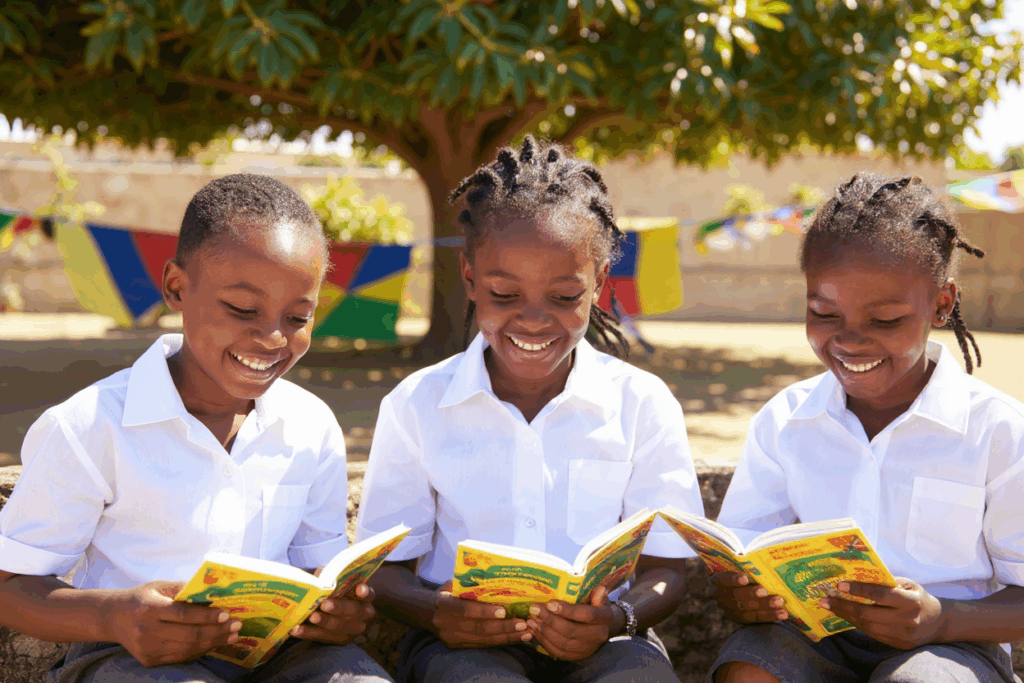
On June 16 each year, Africa commemorates the Day of the African Child. It is a day marked by grief, pride, and an urgent call to reflection. It remembers the bravery of schoolchildren in Soweto, South Africa, who in 1976 rose up against a decree by the apartheid government that mandated Afrikaans; the language of their oppressors as the medium of instruction in schools. That march was met with deadly force. At least 176 children were killed, and many more injured. Among them was 13-year-old Hector Pieterson, whose lifeless body, carried by a fellow student with his sister running beside them, became an iconic image of resistance.
But this day is not only about the past. It is a mirror to our present and a call to shape a more just future for African children. Nearly fifty years after the Soweto Uprising, African children are still battling an education system that is not fully theirs. They are still silenced; not with bullets, but through the systemic denial of their right to learn and express themselves in their own languages.
Colonialism did not only loot Africa’s lands and resources; it also stole its languages, thought systems, and cultural memory. Indigenous languages were criminalized, labelled primitive, and forcefully replaced with European tongues. This wasn’t an oversight, it was a strategy. By erasing native languages, colonial regimes aimed to erase identity and embed dependence. The result was a rupture in the African worldview; a dislocation from ancestral knowledge and a distortion of self-perception. Language was used not merely to communicate, but to conquer.
Today, colonial languages still dominate our classrooms. From Senegal to Kenya, Namibia to Cameroon, most African children begin formal schooling in English, French, or Portuguese; languages they do not speak at home. Exams are set in these foreign languages. Lessons are delivered in vocabularies unfamiliar to their lived experience. Children are expected to succeed in systems built on linguistic exclusion. The outcome? High dropout rates. Poor comprehension. Stunted confidence. All rooted in a simple fact: the system does not hear them in their mother tongue.
This is not just a pedagogical issue, it is a human rights issue. The right to language is central to a person’s ability to understand, participate, and thrive. It is through language that we think, dream, ask questions, and make meaning. When a child is denied the opportunity to learn in a language they understand, we do not just deny them education; we deny them full humanity.
This is where the case for reparations becomes both clear and urgent. Reparations is not limited to money or infrastructure. It is about repair; psychological, cultural, structural. It is about restoring what was violently broken and rehumanizing what was devalued. Language lies at the heart of that restoration.
The suppression of African language, in schools, in governance, in media; was and still is a form of cultural violence. To repair this harm, we must demand linguistic justice as a core pillar of reparations. That means investing in the teaching and elevation of African languages across all levels of education. It means developing textbooks and learning materials in local languages, training teachers who are fluent in them, and supporting research and scholarship produced in indigenous languages. It means rejecting the myth that fluency in a colonial language is the highest mark of intelligence. Instead, we must elevate the ability to reason and lead in African languages as a sign of cultural and cognitive wholeness.
Imagine a child in Kilifi learning biology in Kigiriama, or a teenager in Kisumu writing poetry in Dholuo without being told it has no market value. Imagine an exam system where understanding is tested in the language of thought, not translation. Imagine policy debates held in languages the public understands restoring democracy at the most basic level.
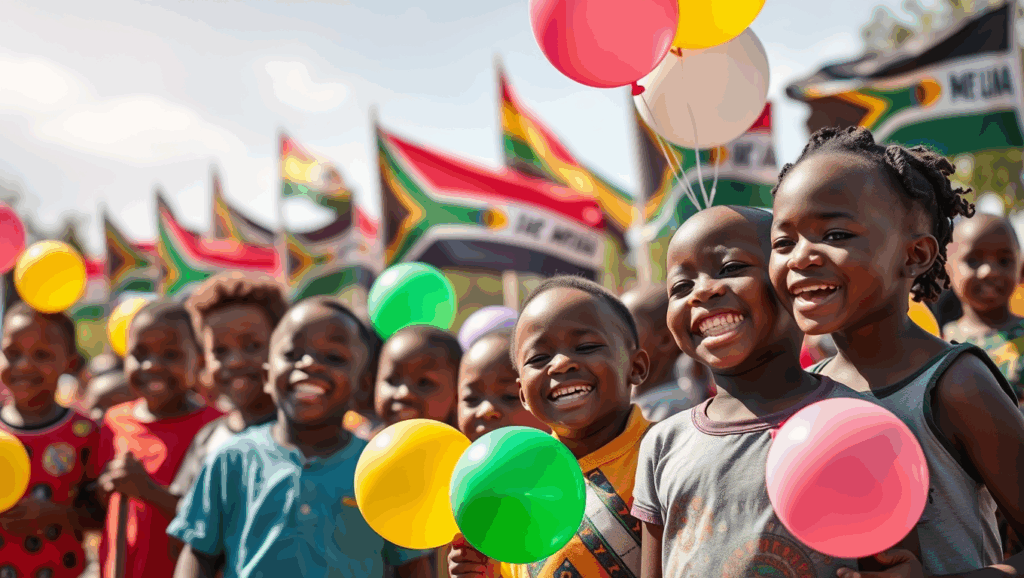
This is not romanticism. It is justice. It is healing. And it is possible.
On this Day of the African Child, we must remember that children died, literally died; protesting a system that forced them to learn in a language foreign to their homes, their hearts, and their histories. They stood for dignity. For the right to be taught in the language that raised them. For a future in which African knowledge is not filtered through the grammar of colonization.
Let us honour them not just with words, but with transformation. Let us push our governments to recognize African languages as official languages of instruction and administration. Let us fund local publishing houses, community schools, and cultural institutions that are working to revitalize indigenous languages. Let us centre our children in this vision; for they are not just learners of language, but future custodians of culture.
Language is memory. Language is freedom. Language is power.
And so, we say today and every day: Let the African child speak and be heard. Not in borrowed words, but in the tongues of their ancestors. Not in the language of conquest, but in the language of continuity.
This, too, is reparations.

